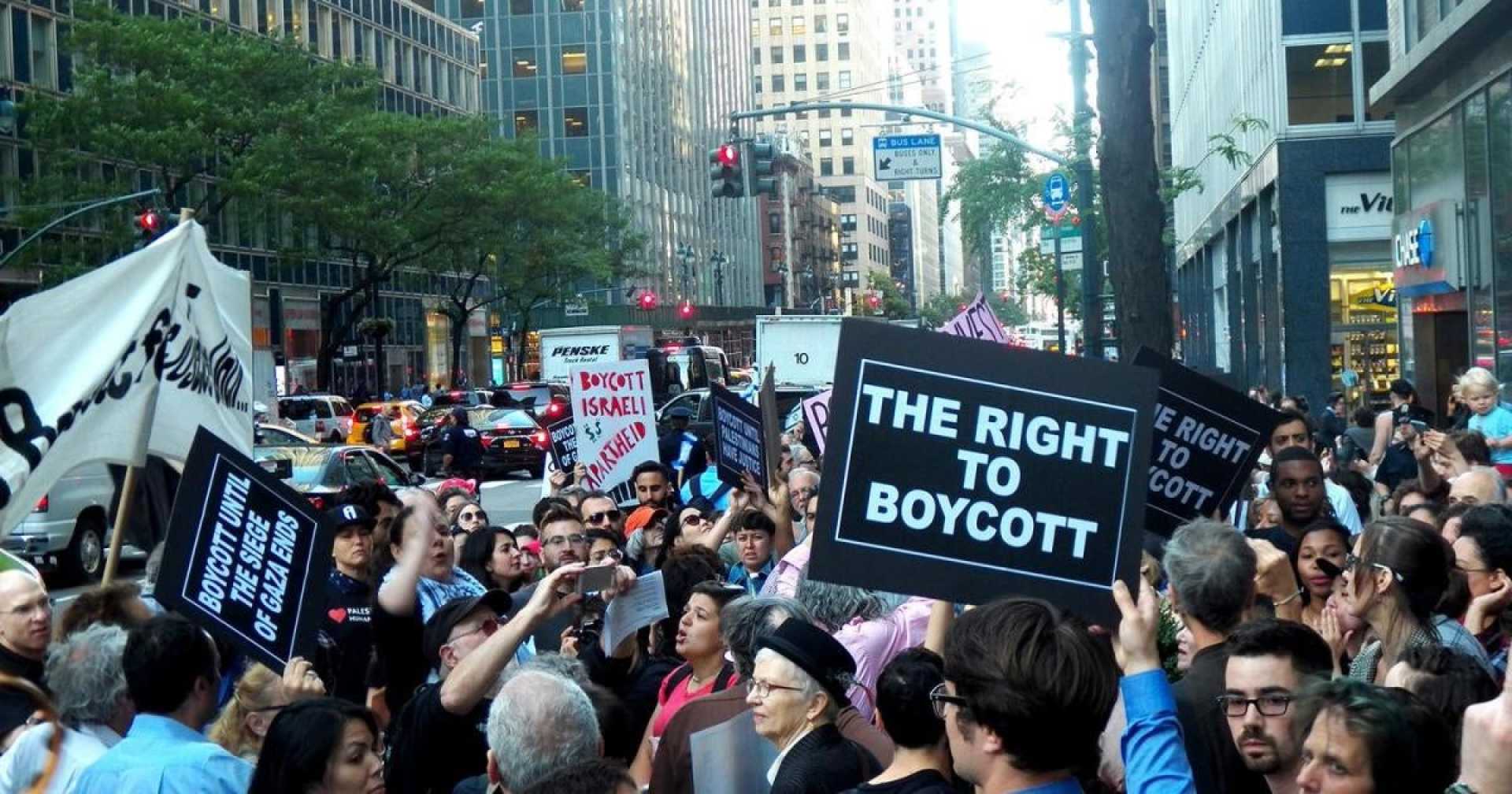News
Activists Push Back Against Anti-Boycott Laws in Midwest States

Chicago, IL — A growing coalition of activists, civil rights groups, and concerned citizens is mobilizing against anti-boycott laws in the Midwest, which they argue are eroding fundamental freedoms. They aim to repeal legislation in Minnesota, Illinois, and Wisconsin that penalizes contractors or companies refusing to do business with Israel or Israeli settlements.
Critics assert these laws represent a direct attack on First Amendment rights and a dangerous expansion of government overreach. According to Sheri Maali, a member of the Illinois Coalition for Human Rights, “It’s a very dangerous experiment in speech restriction and the ability to peacefully protest.”
In Illinois, state Sen. Michael Porfirio and state Rep. Abdelnasser Rashid, the only Palestinian American in the state House, are leading efforts to repeal the original anti-boycott law passed in 2015. Rashid believes these laws threaten free speech and the right to protest.
On April 23, members of Wisconsin Right to Boycott lobbied at the state capitol, supporting new legislation to restore the right to boycott. “Boycotts have been extremely successful; they helped end apartheid in South Africa, they helped end Jim Crow policies in the South,” said Julia Greenberg, a member of Jewish Voice for Peace Madison.
Since 2015, a concerted effort led by conservative think tanks and pro-Israel groups has spread such legislation across dozens of states, requiring individuals seeking state contracts to pledge not to boycott Israel.
Beyond Israel, these laws also target other areas, prohibiting boycotts against fossil fuel companies and those denying reproductive health benefits. For instance, Reps. Claudia Tenney, R-N.Y., and Jared Moskowitz, D-Fla., reintroduced anti-BDS legislation in Congress.
Maali recalls the shock when Illinois first enacted its law in 2015, asking, “Why are we punishing people for standing against human rights violations?” Major companies like Unilever faced financial penalties for not selling products in Israeli settlements.
In Minnesota, Bob Goonin of the state’s BDS coalition highlights that existing laws suppress personal and political choices on boycotts. “The right to boycott is constitutionally protected,” he stated. “It should be a person’s decision to choose whom they want to boycott.”
Sandy Pasch, a former Wisconsin lawmaker, raised concerns about conflating criticism of Israel’s policies with antisemitism. “This is a conscientious response, incorporating our Jewish value that every life is precious,” she wrote via email.
Despite setbacks, organizers report rising momentum, with coalitions actively lobbying legislators and mobilizing public support. Maali expressed hope for a domino effect if Illinois successfully repeals its anti-boycott law, which could inspire others to follow.












